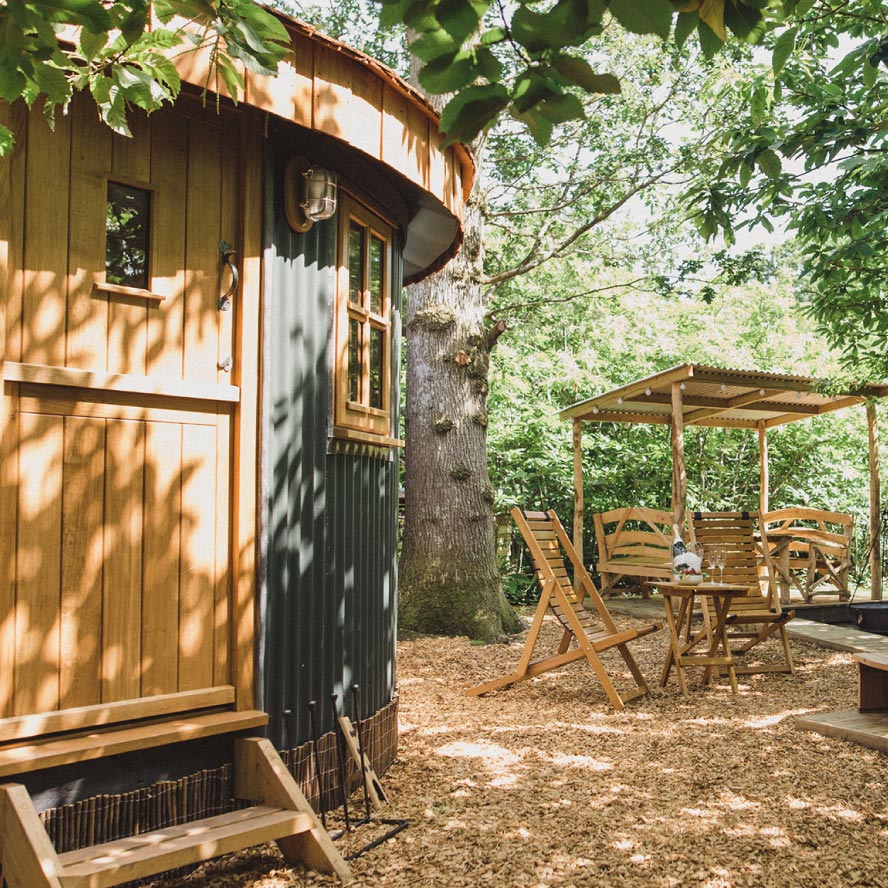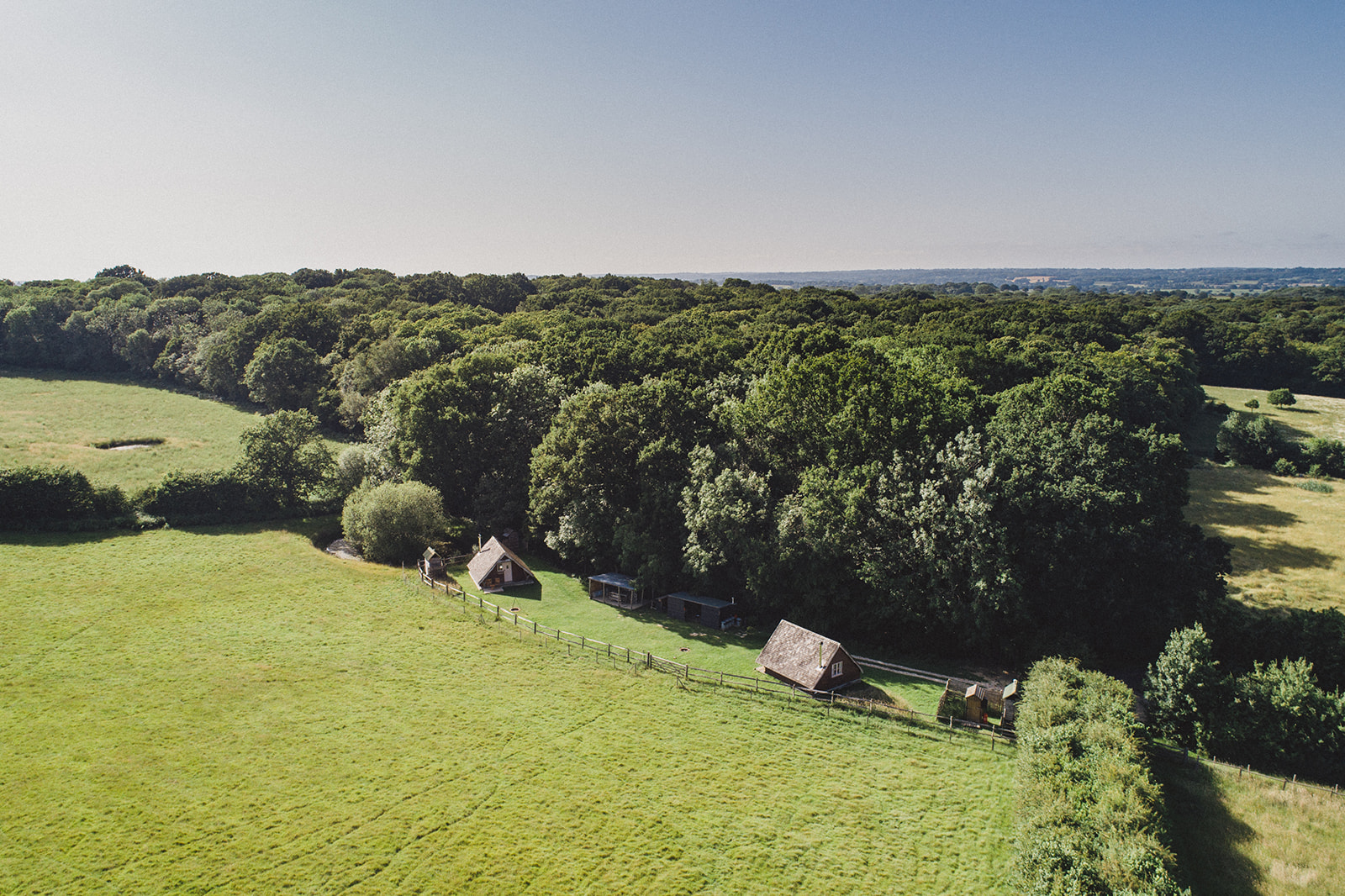Sustainability geeks have quickly developed a language of their own – ‘climate pathways’ ‘emissions flux’ ‘BECCS’ ‘REDD+’ ‘ESG’ ‘SDGs’ ‘Nature Based Solutions’ – and many others.
If you’re not a sustainability geek – and there’s no reason why you should be – it can be hard to navigate. The world’s population is heading for 9 billion, so what hope do we have trying to work out what our individual contribution could usefully be to averting the one phrase we do all know and understand – catastrophic climate change?
The evidence of just how catastrophic it will be is all around us: record high temperatures in the Arctic and the Antarctic; years of forest infernos in western USA and Australia; drought followed by inundation, again in Australia; melting tundra in Siberia; even regular and worsening storms, now significant enough to be named, hitting the UK. Flowers coming into bloom, and garden birds hatching their chicks a month earlier than ever before. Even the UK’s sea level has risen by 16cm in the last century. Might not seem like much but in terms of whole oceans it’s gigantic – and it will continue for centuries whatever we do because of the time lag in climate effects on marine environments.
It all feels like catastrophic climate change is right around the corner. And you’d be right – the Australian writer and climate activist Sarah Wilson has written about this very thing.
She points out that we are moving from the age of mitigation – to another – adaptation. While there is still plenty to do in the mitigation space like carbon capture technology, battery storage, tree planting, changes to agricultural practises, and many more, we have to accept that we’ve not done anywhere near enough, fast enough, to slow the problems. This necessarily means that at the same time as working on mitigation, we now have to move to changing how we live to cope with these unstoppable shifts in how the planet behaves. We need to adapt.
Research shows for instance that 50 major coastal cities worldwide will have to do some absolutely colossal building to ensure they are not drowned. We will have to re-think road surfaces too so they don’t buckle and split in extreme heat – this is already being done in India where recycled plastic is being used as a new (and extremely tough) tarmac substitute.
The truth is that this is now the new normal. And the new normal means things are going to continue to change fast – so ‘normal’ will not mean static, as perhaps it used to decades ago. While we must continue with the search for and implementation of solutions to greenhouse gas emissions, we must also now move very fast to adapt our world to cope with what is coming. And what, in some cases, is already here.
We're on Instagram.
Follow us for the latest updates, stories, reviews and much more.
Awards & Accreditations













